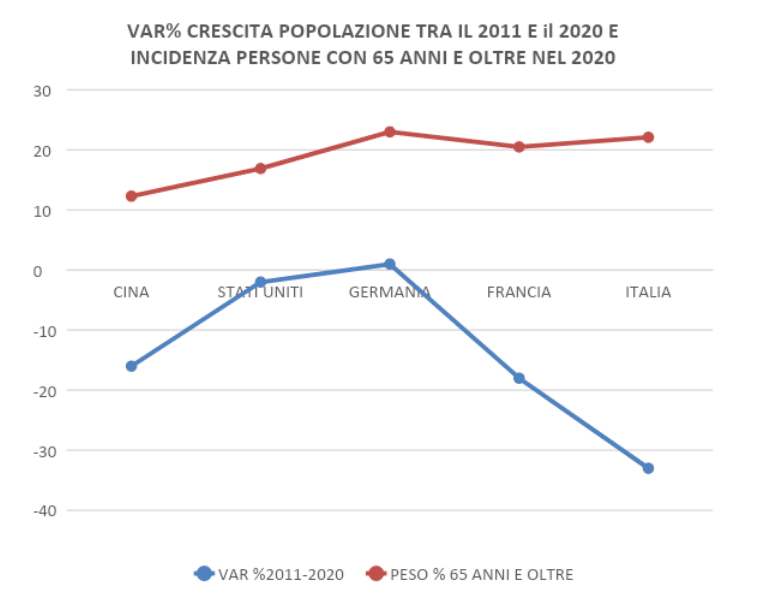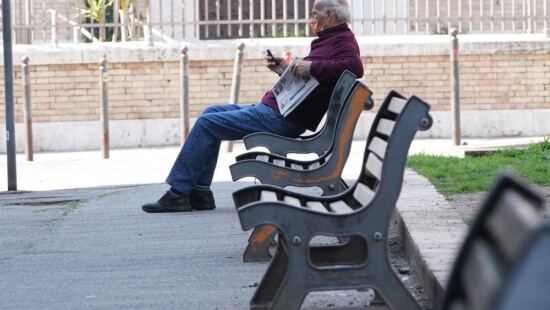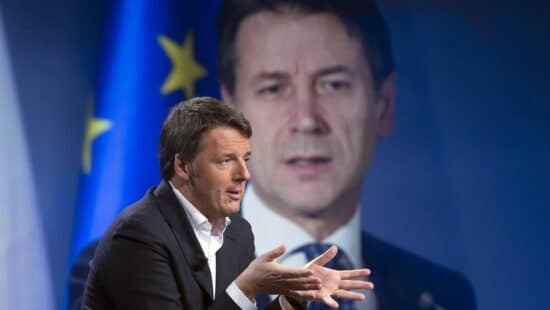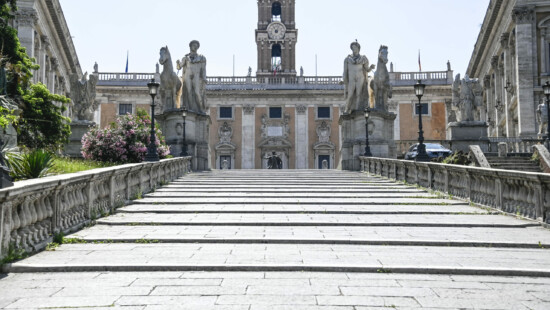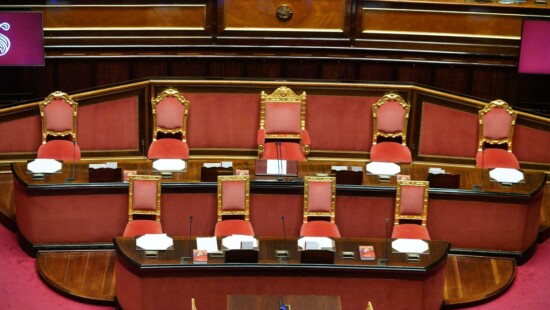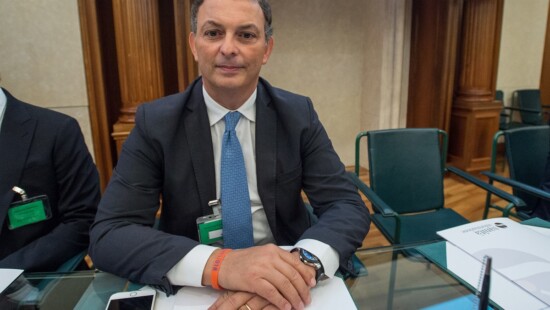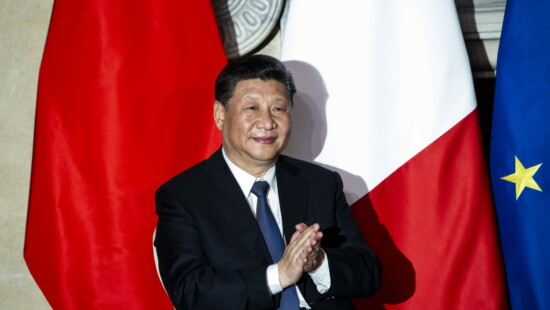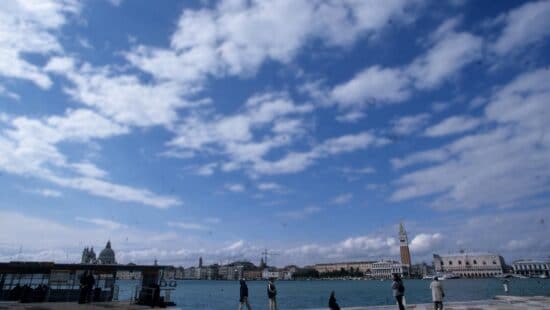Ha fatto molta impressione il fatto che in alcuni Paesi del Nord Europa si sia affermato che di fronte al coronavirus che ha colpito persone giovani e persone anziane si abbia deciso per la terapia intensiva a favore delle persone con maggiore probabilità di sopravvivenza. I sistemi sanitari non dovrebbero mai trovarsi di fronte a questa terribile scelta, per carenza di investimenti in risorse personali e strumentali, perché tutte le persone hanno pari dignità di assistenza sanitaria indipendentemente dall’età.
La nostra Costituzione è molto chiara a questo riguardo. All’articolo 32 si legge infatti: “La Repubblica tutela la salute come fondamentale diritto dell’individuo e interesse della collettività, e garantisce cure gratuite agli indigenti”. Naturalmente è importante la struttura per età ai fini dell’analisi dell’incidenza dei decessi per coronavirus nei diversi Paesi. Se facciamo riferimento a Cina, Stati Uniti, Germania, Francia e Italia nel 2020, troviamo differenze molto significative. In Cina, l’incidenza delle persone con 65 anni e oltre è pari al 12,3% del totale; il 16,9% negli Stati Uniti d’America, il 20,5% in Francia, il 22,1% in Italia e il 23% in Germania.
Questi dati appaiono coerenti con gli effetti del coronavirus in Italia nel 2020. I casi di infezione in Italia rappresentano il 2,5% del totale mondiale, il 3,1% dei guariti e il 4,1% dei decessi. D’altra parte, nel nostro Paese il rapporto tra decessi e casi totali di infezione è pari al 3,5%, rispetto al 2,2% a livello mondiale. L’Italia ha una struttura per età mediamente più vecchia rispetto agli altri Paesi e quindi la probabilità di morte per coronavirus è superiore per la compresenza di altre patologie. I 71.359 decessi dell’Italia nel 2020 corrispondono ad una città di medie dimensioni. Naturalmente, quanto più alti sono i decessi per coronavirus, soprattutto nelle età più avanzate, maggiore sarà la modifica della piramide demografica, con un allargamento della base e con conseguenze economiche sui sistemi previdenziali e assistenziali.
Ma vediamo ora di approfondire la relazione tra le dinamiche demografiche nei cinque Paesi che abbiamo considerato e l’incidenza nel 2020 delle persone con 65 anni e oltre. Nel 2011 la Cina ha mostrato un tasso di crescita annuo della popolazione dello 0,46% che scende allo 0,30% nel 2020. Gli Stati Uniti mostrano, nei dieci anni considerati, una diminuzione del tasso annuo di crescita della popolazione dallo 0,73 allo 0,71%. La Germania mostra addirittura sia nel 2011 che nel 2020 una decrescita della popolazione: rispettivamente -0,21 e -0,20%. La Francia scende dallo 0,52 allo 0,34 % e l’Italia dallo 0,42 allo 0,09%. Pertanto, con riferimento al 2020, i Paesi che mostrano il maggiore tasso di crescita della popolazione sono gli Stati Uniti d’America e la Francia. In posizione intermedia si colloca la Cina, mentre in coda si posizionano la Germania e l’Italia. Per questi ultimi due Paesi, è pertanto fondamentale la politica delle migrazioni per assicurare le risorse umane necessarie per la crescita del reddito e delle esportazioni. Possiamo dire che la Germania ha capito bene da anni questo problema e lo sta affrontando in modo efficace e ben organizzato. Non altrettanto possiamo dire per l’Italia che lo sta affrontando in maniera molto ondivaga e non con l’organizzazione tipica dei tedeschi.
Chiediamoci ora se esiste una relazione tra la variazione del tasso di crescita della popolazione nei cinque Paesi considerati e l’incidenza delle persone con 65 anni e oltre alla fine del periodo. Mettiamo per questo a confronto la variazione del tasso annuo di crescita della popolazione tra il 2011 e il 2020 e il peso delle persone con 65 anni e oltre nell’anno 2020 nei cinque Paesi considerati. La relazione tra le due variabili risulta leggermente negativa (-0,07) e ciò significa che, in generale, ad un aumento maggiore della popolazione corrisponde un’incidenza minore delle persone con 65 anni e oltre. Pertanto i Paesi con bassa crescita della popolazione sarebbero più esposti all’infezione del coronavirus e registrerebbero tassi più elevati dei decessi.
Riportiamo qui di seguito il grafico con i due andamenti della variazione tra il 2011 e il 2020 del tasso di crescita della popolazione, moltiplicata per 100, e dell’incidenza delle persone con 65 anni e oltre nel 2020 nei cinque Paesi considerati.

È significativo, inoltre, che il Presidente della Repubblica Sergio Mattarella, nel suo discorso di fine anno, abbia voluto ricordare come la pandemia ha seminato un senso di smarrimento ponendo in discussione prospettive di vita. Ha rievocato la previsione di un calo ulteriore delle nascite, spia dell’incertezza che il virus ha insinuato nella nostra comunità, con un invito a riconoscere e affrontare questa realtà.
Terminiamo queste nostre considerazioni con alcune previsioni demografiche al 2040 del nostro Paese. Oggi abbiamo poco meno di 14 milioni di persone con 65 anni e oltre. Fra 20 anni ne avremo 4,5 milioni in più, con un’incidenza sulla popolazione complessiva intorno ad un terzo. La terza e la quarta età diventeranno pertanto sempre più protagoniste della nostra società Il problema può essere affrontato in due modi sostanzialmente opposti. Si tratta di due paradigmi della longevità: la longevità considerata come un ingombrante fardello di cui occorre in qualche modo ridurne il peso; oppure la longevità valorizzata come una risorsa per l’intera società, in una visione di tipo intergenerazionale. Il settore privato può svolgere un importante ruolo in questo settore, come possiamo vedere in alcuni casi di eccellenza, in spirito di sussidiarietà coniugando la centralità della persona umana con i criteri dell’efficienza economica e organizzativa. Queste strutture possono essere anche un ottimo sostegno per l’accoglienza degli anziani in ambito familiare, grazie anche alle grandi potenzialità delle tecnologie dell’informazione e della comunicazione.
Secondo alcuni studi accurati, la prospettiva nei prossimi 20 anni della dinamica demografica degli anziani può essere riassunta nei seguenti punti: a) un aumento del 50% delle persone con più di 70 anni; b) un raddoppio degli anziani con più di 90 anni; c) un aumento degli anziani coniugati rispetto ad una sostanziale stabilità di quelli non coniugati; d) un aumento degli anziani istruiti e in buone condizioni economiche.
Quest’ultima tendenza, conferma il fatto che dobbiamo considerare la longevità non come un peso ma come una risorsa per lo sviluppo solidale del Paese, in una visione di collegamento intergenerazionale con i giovani che possono trarre dagli anziani il grande dono dell’esperienza, restituendo loro l’entusiasmo e la creatività per un mondo migliore.
Questa visione è sostenuta in modo mirabile dalla Dottrina Sociale della Chiesa e, in particolare, da Giovanni Paolo II e da Papa Francesco. Giovanni Paolo II nella lettera agli anziani del 1° ottobre 1999 affermava che “onorare gli anziani comporta un triplice dovere verso di loro: l’accoglienza, l’assistenza, la valorizzazione delle loro qualità”. Papa Francesco nell’udienza agli anziani del 16 dicembre 2019 ha usato le seguenti parole. “Le persone anziane, sul piano sociale, non vanno considerate come un peso, ma per quello che sono veramente, cioè una risorsa e una ricchezza. Sono la memoria di un popolo!”.




